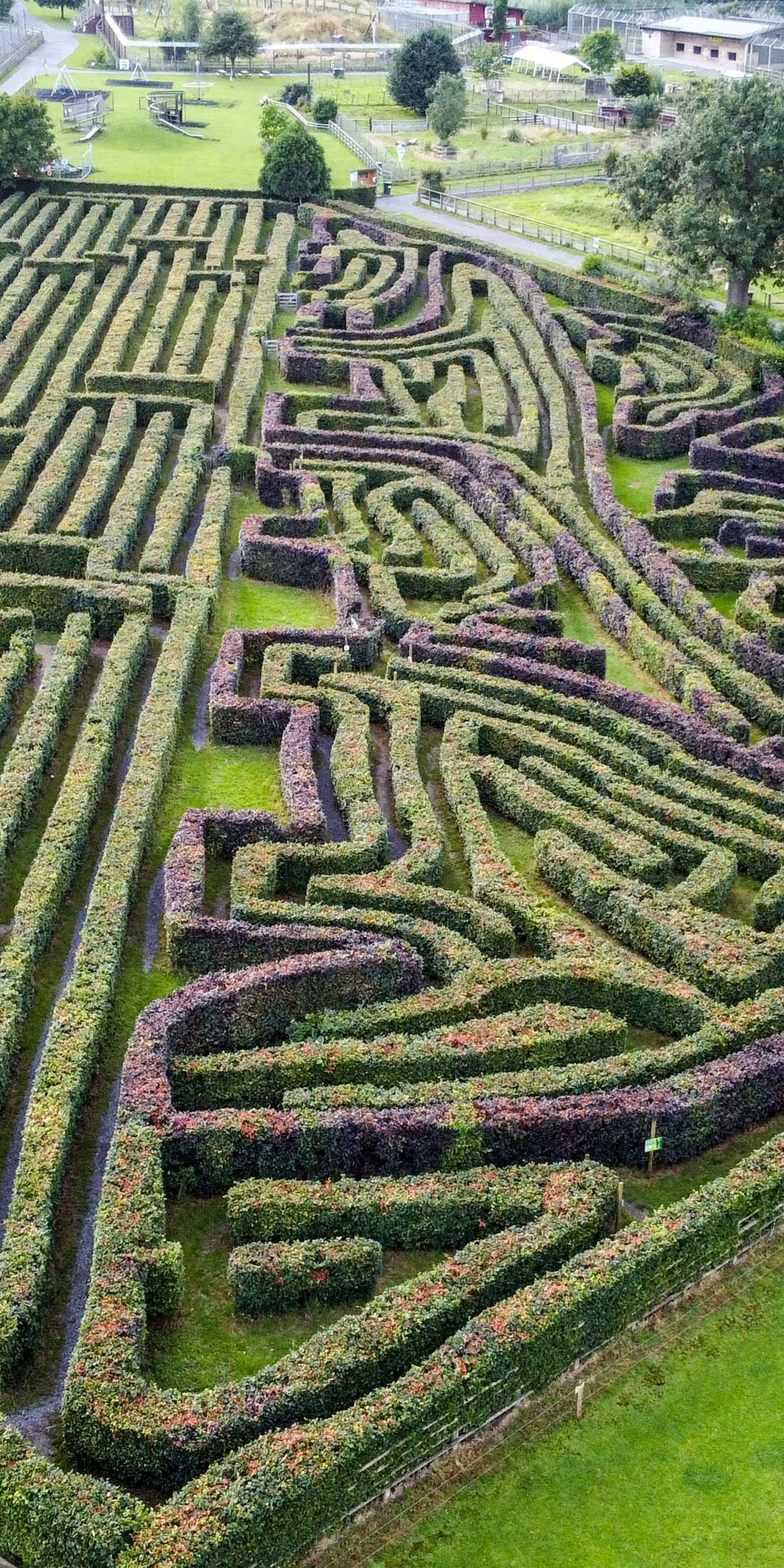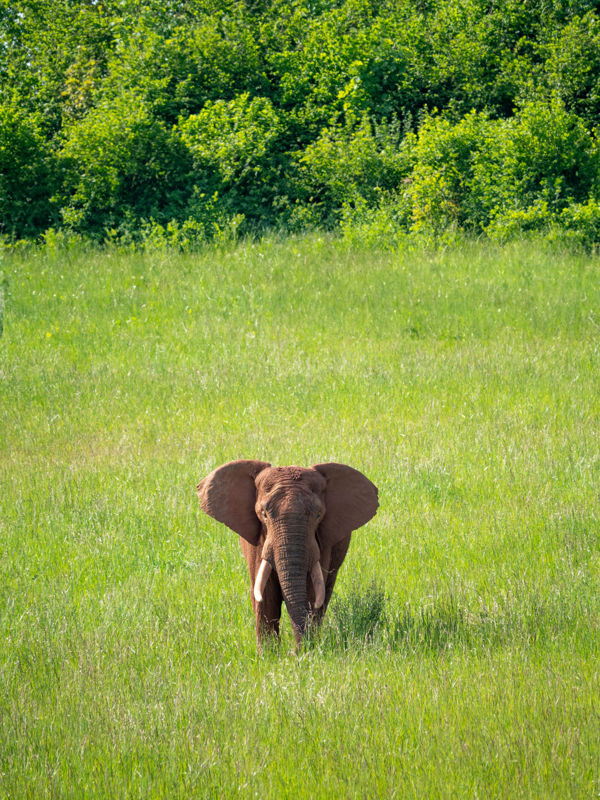Digging Into Dung - Noah’s Ark Joins Project DUNG!
12th Nov 2025
Did you know that dung plays a surprisingly important role in the health of our planet, and the tiny beetles that live within it are the unsung heroes of the soil? Well this autumn, the team at Noah’s Ark Zoo Farm rolled up their sleeves to take part in Project DUNG, a nationwide survey organised by BIAZA (British and Irish Association of Zoos and Aquariums).
What is Project DUNG?
Project DUNG (Discovering UK Native Ground-dwellers) is a BIAZA initiative encouraging zoos and wildlife parks across the UK to search for and record native dung beetle species. The aim is to help build a better understanding of dung beetle populations, their habitats, and the important role they play in maintaining healthy ecosystems.
Our Dung Adventure
On Wednesday 24th September, twelve members of staff and volunteers from Noah’s Ark took part in our first dung beetle survey. Using trays, we placed small piles of animal faeces and gently pulled them apart to look for any hidden creatures inside.
Once a beetle or other invertebrate was found, it was carefully placed in a sample pot, photographed, identified, and then released back into a fresh pile of dung in the same field…right back where it belonged!
The search took place in three key areas of the zoo:
- The Rhino Field
- The Bison Field
- The Exit Field (our off-show cow field)
The Results!
Our team found over 170 individual dung beetles, representing at least seven different species.
And it wasn’t just dung beetles that made an appearance! We also spotted a rove beetle, scavenger beetle, earthworms, a yellowish-brown centipede, and even a stag beetle larva!
One particularly impressive discovery came from the Bison Field, where more than 50 beetles were found in just one bison poo!
Why Dung Beetles Matter
Dung beetles may be small, but their impact is huge. These mighty recyclers:
- Aerate the soil – Their tunnelling helps improve soil structure and drainage, especially in heavier clay soils.
- Recycle nutrients – By burying dung, they return essential nutrients to the earth, encouraging healthy grass growth and supporting biodiversity.
They help keep our fields and pastures thriving naturally!
How We’re Supporting Dung Beetles at Noah’s Ark
At Noah’s Ark, we’re always looking for ways to support native wildlife, even the smallest species. To help dung beetles thrive, we…
- Leave dung in off-show fields which provides food and habitat for beetles.
- Rotate grazing fields to help manage animal health and reduce parasite load without removing all dung sources.
- Use responsible parasite control, only worming animals when necessary based on faecal egg counts.
On public fields, we continue daily poo picking to maintain high welfare standards and visitor experience…but in off-show areas, we let nature take its course!
What Happens Next
Between now and December, our keepers will continue keeping an eye out for dung beetles while carrying out their daily poo-picking duties. Every finding will be recorded and added to our results before we submit them to BIAZA as part of Project DUNG.
We’ll also be uploading our findings to iNaturalist, helping researchers across the UK monitor and protect dung beetle populations.
Fun Dung Facts
- There are over 50 species of dung beetle in the UK.
- One bison poo can be home to more than 50 beetles!
Want to Learn More?
Find out more about BIAZA’s Project DUNG and how zoos across the UK are getting involved here: Project DUNG | BIAZA

Sign Up to the newsletter
Would you like to receive marketing emails from us? Please tick the box if you would like to receive information about future events, ways you can support our charity, offers and discounts.






